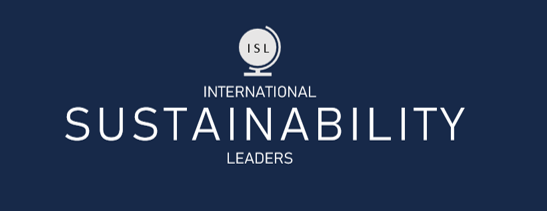Sustainability is based on a simple principle: Everything that we need for our survival and well-being depends, either directly or indirectly, on our natural environment. To pursue sustainability is to create and maintain the conditions under which humans and nature can exist in productive harmony to support present and future generations.
It means, meeting our own needs without compromising the ability of future generations to meet their own needs. In addition to natural resources, we also need social and economic resources. There are three pillars of sustainability – economic viability, environmental protection and social equity.
In the broadest sense, sustainability refers to the ability to maintain or support a process continuously over time. In business and policy contexts, sustainability seeks to prevent the depletion of natural or physical resources, so that they will remain available for the long term.
Accordingly, sustainable policies emphasize the future effect of any given policy or business practice on humans, ecosystems, and the wider economy. The concept often corresponds to the belief that without major changes to the way the planet is run, it will suffer irreparable damage. As concerns about anthropogenic climate change, biodiversity loss, and pollution have become more widespread, the world has shifted to embrace sustainable practices and policies, primarily through the implementation of sustainable business practices and increased investments in green technology.

